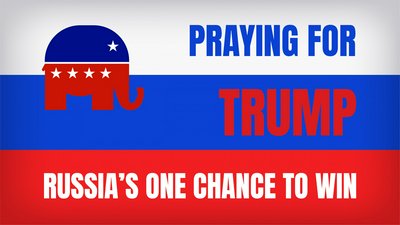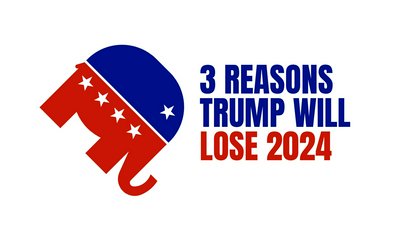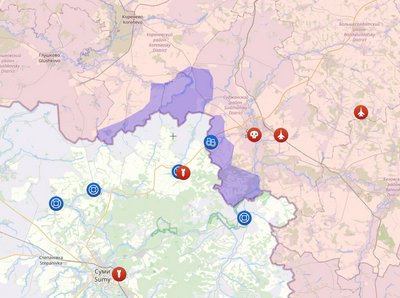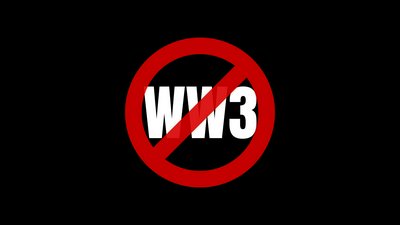economyXXX
Economic Cycle in Planned Economies
There is a popular myth that planned economies do not have economic cycles. This goes against well-documented deep, lasting recessions that preceded the downfall of the Eastern Block. Today, I try to set the record straight as concisely as possible.
Published by Dr Jiulin Teng on 13 Jun 2024
Keywords: economic-cyclemacroeconomics

There is a popular myth that planned economies do not have economic cycles. This goes against well-documented deep, lasting recessions that preceded the downfall of the Eastern Block. Today, I try to set the record straight as concisely as possible.
What differ between planned and market economies with regards to economic cycles are the indirect factors that lead to recessions and the options available to recover from them. Just like it is in market economies, in planned economies economic cycles are driven by misallocation of resources. From the financial point of view, this is the misallocation of capital, especially through the exorbitant expansion of debt and overproduction. This misallocation is always the direct precipitant of recession.
One side point that I should note is that “overproduction” is not necessarily absolute overcapacity, which means that more goods and services are produced than there is desire to consume them. It can also be relative overcapacity, in the sense that more goods and services are produced than there are consumers that can afford them.
Forces that drive misallocation are more diverse in market economies, whereas they are markedly fewer in planned economies. These more powerful forces are the visible hands that actively shape an economy, choosing winners and losers either willingly or by consequence. When internal and external factors are simple, and when the policymakers are adept, economies cycles are lengthened; when internal and external factors are complex, and when the policymakers lack basic knowledge of economics, as is the Korean case, the economy can be in continuous crisis.
In any case, we can outrun our past mistakes only until they catch up to us. In the reckoning, a market economy experiences bankruptcies, unemployment, and debt write-offs. The system is then “reset” for the next cycle. The more actively this reset is interfered with, the longer and more painful the recession usually is. We are seeing the day of reckoning inching closer across the globe, notably in the West, whose governments have all but abandoned market principles either to chase ideology, in the case of EVs, or to pander to their voters, in the case of fiscal policy.
This is also why it is very difficult for planned economies to recover.



